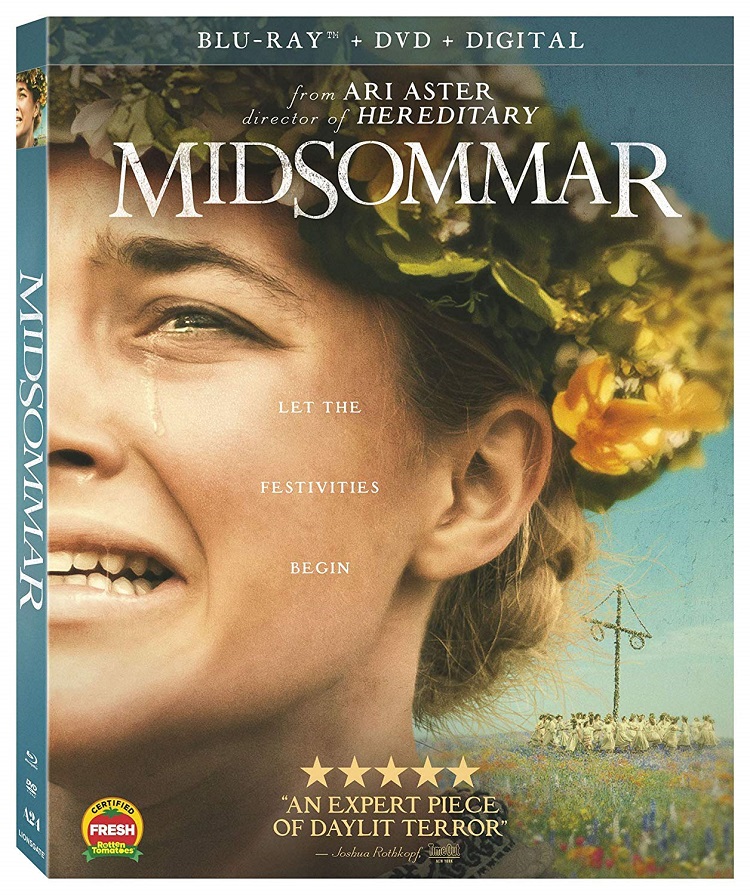
When Ari Aster made his feature film debut with Hereditary, it was a demented portrait of grief and anxiety covered in near darkness. His follow-up film, Midsommar, is an equally demented demonstration of mental illness that is drenched in sunlight instead of darkness. As a result of its sunny disposition, it ends up being more unsettling than Hereditary and is proof that Aster is a potential horror master.
The film’s opening sequence is one of the few points where our main characters are in the shadows. Dani (Florence Pugh), the main protagonist, is having a meltdown over her bipolar sister sending ambiguous emails and tries communicating with her boyfriend Christian (Jack Reynor) over the phone. While Christian does answer his phone, he still does it reluctantly. In addition, his friends write her off as an attention seeker. Due to its unnerving realism, the fear of abandonment that Dani displays is as unsettling as the sunny paradise she and Christian’s friends find themselves in.
When they finally go to that sunny paradise which is a pagan festival that happens every 90 years in a remote Swedish village, it’s like they’re walking into a dream. Any sense of time is thrown out the window since it still gets sunny at 9 p.m. and Dani even notices the plants starting to move. Dani slowly becomes bewildered and the lucid cinematography by Pawel Pogorzelski captures her disoriented feeling through the use of long tracking shots.
Keeping up with the picture’s dreamlike feeling is the score from Bobby Krlic who’s also known as The Haxan Cloak. The brilliant score manages to be both euphoric and ominous and tends to blend those two moods together in the same sequence. Much like the cinematography, the score allows the picture’s bright facade to contradict the antagonistic cult’s insidious nature.
Instead of traditional jump scares, Midsommar relies on instances such as a scream heard from afar and a blood ritual to illustrate the gloom and doom that lurks around every corner. Not to mention, the unsettling behavior the pagan cult demonstrates likely gives Dani the fear and panic which people with anxiety often wrestle with. The film may be about a destructive relationship but as previously mentioned, it works as an exercise on mental illness as well.
As for Florence Pugh as Dani, she is quite exemplary. It was clear in both Lady Macbeth and Fighting with My Family that she can carry a film like it’s nothing and Midsommar is further proof of such. Her portrait of a woman having a nervous breakdown provides stunning accuracy along with slight ambiguity. Even though Dani is shocked by what’s happening around her, her overtly wide eyes might indicate something beneath her scared reactions. Jack Reynor impresses in equal measure as Christian, keeping him at a continuous distance to play up his shady behavior.
In conclusion, Midsommar is a festival full of anxiety, paranoia, and toxicity that proves to be an exceptional gem. For some, its two hour running time will understandably feel like a task. But if one chooses to enter this chaotic experience, they’re in for a grotesque yet confrontational mood piece with a flawless Florence Pugh performance.